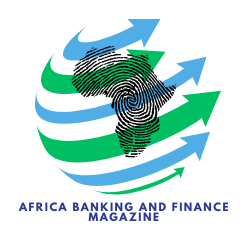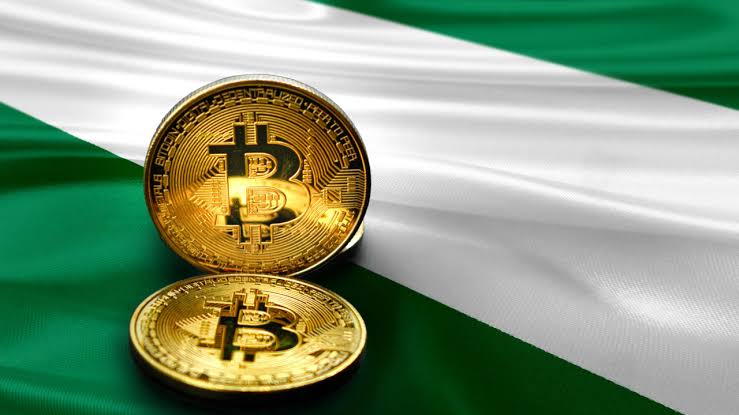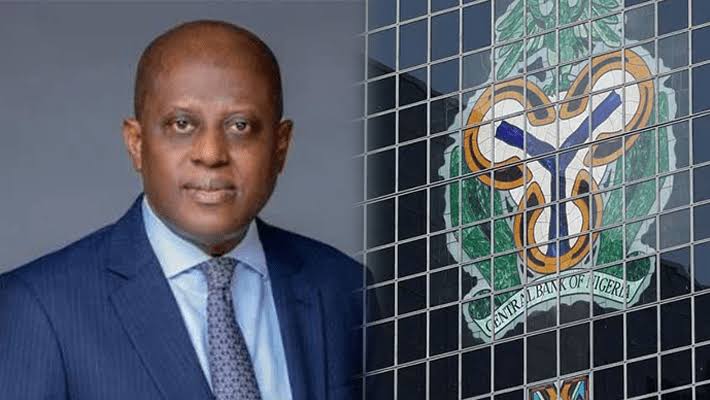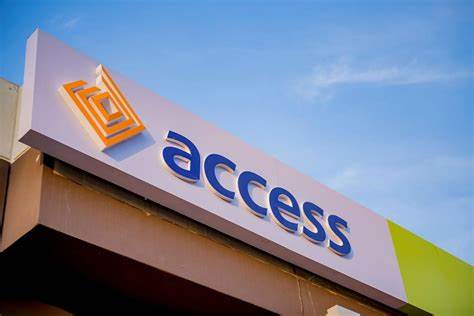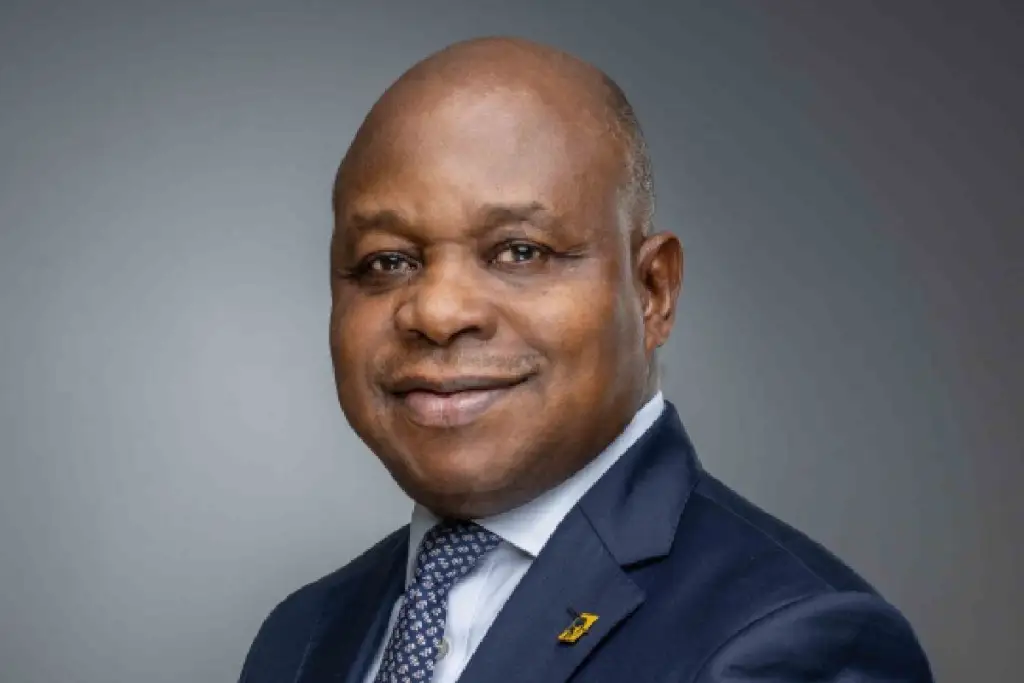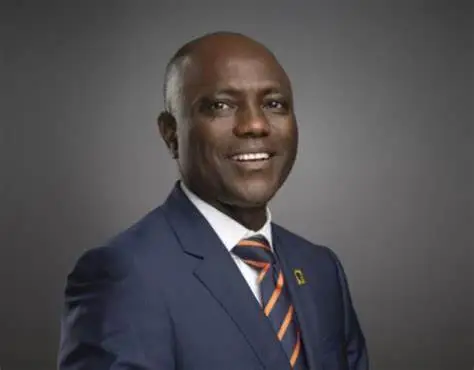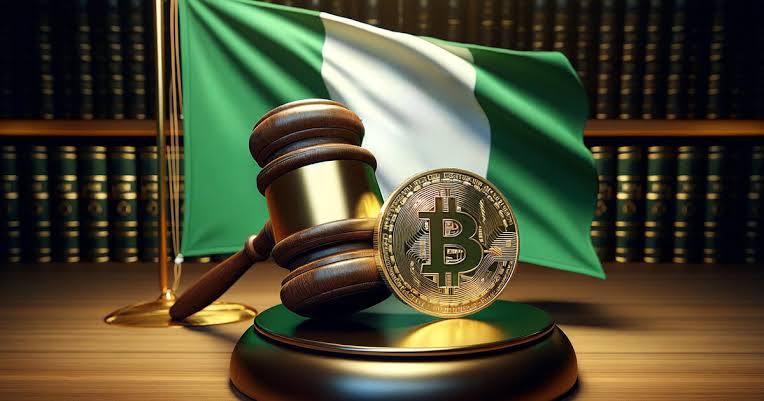
In a recent revelation, Nigeria’s Cryptocurrency P2P market is predicted to be worth around Billions of dollars amidst Regulatory Crackdown by the government.
This was revealed by Ray Youssef, the Chief Executive Officer of Nigeria’s prominent cryptocurrency platform, Noones, who disclosed that peer-to-peer (P2P) transactions in the country alone may amount to approximately $500 billion. Youssef’s revelation comes amidst mounting regulatory pressure on cryptocurrency activities in Nigeria.
In an interview with Techpoint Africa, Youssef shed light on the meteoric rise of P2P transactions, particularly in the context of an impending ban on cryptocurrency within the country. He emphasized that the official volume of cryptocurrency transactions in Nigeria stands at $59 billion annually, but the actual figure could be ten times higher, hovering around the $500 billion mark.
According to Youssef, the bulk of P2P transactions evade traditional cryptocurrency platforms like Binance, occurring instead on platforms like WhatsApp, Telegram, and even in coffee shops and streets across the nation. He suggested that the $59 billion reported volume largely conceals the true extent of P2P trading, which is significantly more pervasive.
The regulatory landscape surrounding cryptocurrency in Nigeria has been turbulent. In February 2021, the Central Bank of Nigeria issued a circular instructing financial institutions to close accounts associated with cryptocurrency transactions. However, the ban was later lifted under the administration of President Bola Tinubu, albeit with stringent regulations governing virtual asset service providers.
The aftermath of the ban revealed alarming findings by the Central Bank, including $26 billion in untraceable transactions processed by Binance, a global cryptocurrency exchange. This discovery prompted a crackdown on Binance and the freezing of over 1,000 bank accounts involved in P2P transactions.
Nevertheless, Nigerians, particularly P2P traders, have voiced discontent with the government’s actions, arguing that cryptocurrency should not be scapegoated for currency devaluation. Economist Kalu Aja highlighted the deteriorating state of the Nigerian economy, citing factors such as exchange rate pressures, rising inflation, and security challenges as contributors to economic decline.
Amidst these developments, the cryptocurrency market in Nigeria remains embattled, caught between regulatory scrutiny and the resilience of P2P trading fueled by growing distrust in traditional financial systems.
photo credit: Dart Blog
